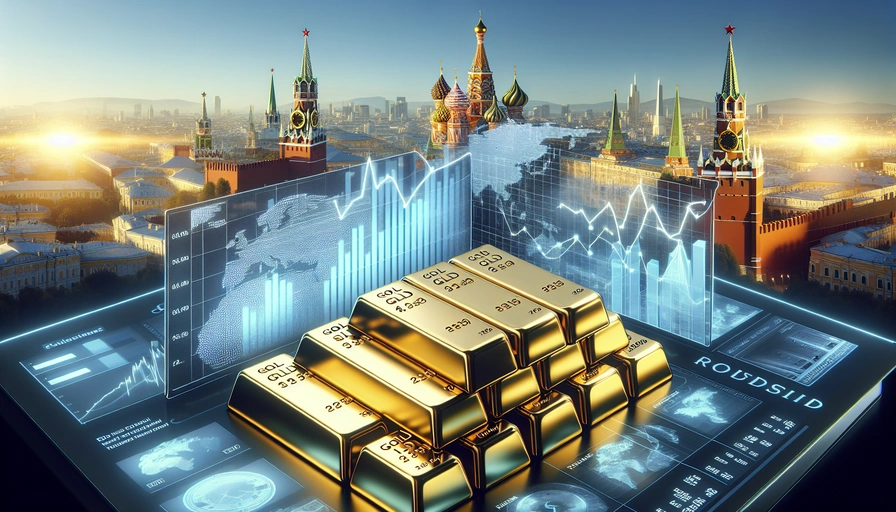The gold trade in Russia has been a topic of significant interest and concern, especially given the current geopolitical and economic climate. Here are some key developments and insights into Russia’s gold trade:
- Russia’s Economic Adjustments: The Ministry of Economic Development in Russia has lowered its Urals crude oil price forecast to $56 per barrel, with future forecasts for 2026-2028 set at $61, $63, and $65 per barrel respectively. This adjustment is attributed to recent sharp price drops due to trade wars, which could have implications for the broader economic landscape, including the gold trade.
- Impact of Sanctions: Russia has linked the resumption of the Black Sea grain deal to the lifting of Western sanctions on Russian banks. This includes reconnecting sanctioned Russian banks to SWIFT and removing sanctions on trade finance transactions, food, and fertilizer producers/exporters. The sanctions and their potential lifting could impact Russia’s ability to trade gold and other commodities.
- International Relations and Trade: The US-Russia trade in February 2025 surged to USD 389 million, the highest since May 2024. This increase includes significant imports of Russian goods such as turboengine parts, titanium, fertilizers, and platinum. The growth in trade relations could influence the dynamics of Russia’s gold trade.
- Geopolitical Tensions: The ongoing conflict in Ukraine and the associated geopolitical tensions have a direct impact on Russia’s trade policies and economic strategies. The Russian Ministry of Defence has reported multiple attacks on Russian energy infrastructure by Ukrainian forces, which could affect the stability and security of trade routes and economic activities, including gold trade.
- Strategic Partnerships: Russia continues to seek strategic partnerships and cooperation with countries like China, India, and other BRICS nations. These partnerships could play a crucial role in sustaining and expanding Russia’s gold trade amidst Western sanctions and economic pressures.
In summary, Russia’s gold trade is influenced by a complex interplay of economic adjustments, sanctions, international trade relations, and geopolitical tensions. The country’s strategic partnerships and economic policies will be critical in navigating these challenges and sustaining its gold trade in the future.

